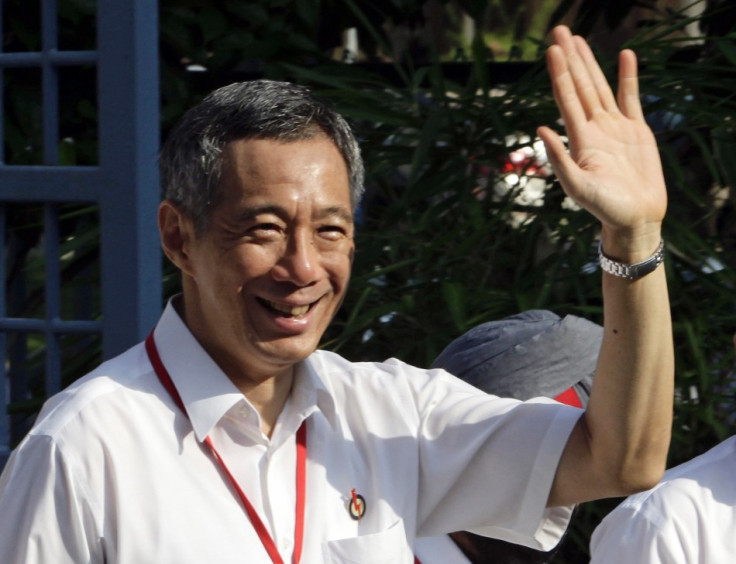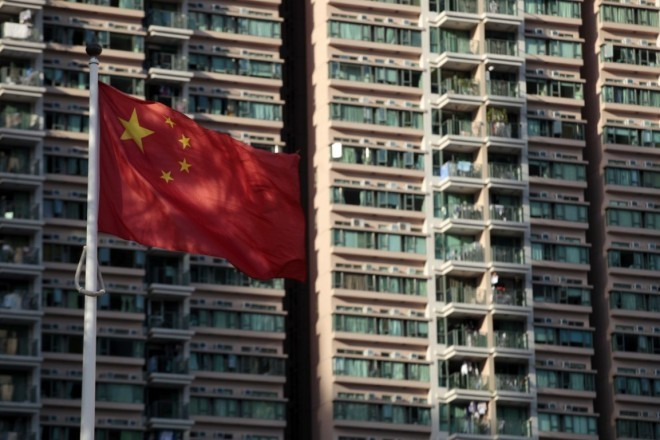Singapore: PM Lee Hsien Loong reminds China that regional peace and stability is in its own interest
Lee also told China that despite its size, its prosperity also depended on other countries.
Singapore Prime Minister Lee Hsien Loong had some hard-hitting facts for China to chew on. Referring to the regional disputes, especially the territorial and maritime disputes in the South China Sea and the East China Sea, he said that ultimately a stable external environment is eminently in China's interest.
"China's prosperity depends on other countries too. Despite its size, China is not self-sufficient, and cannot be. On its own, minus access to world markets, foreign technology or MNC investments, China will be much poorer off," Lee warned.
He also reminded the emerging giant economy that it would be able to focus on its domestic challenges, which Lee described as being "considerable" if there was external peace and stability, Channel News Asia reports.
Speaking at a conference on The Future of Asia in Tokyo on Thursday 29 September, the prime minister of the small but prosperous city state, did not talk about the very public on-going spat with Beijing's mouthpiece Global Times over its alleged intervention in the South China Sea issue at the Non-Allgned Movement summit in Venezuela.
The newspaper had claimed in an article that Singapore had raised issues about the South China Sea dispute at the summit but this is strongly disputed by Singapore which accused the state-run newspaper of fabrication.
Serious domestic challenges in China

Lee noted: "The low wage, export-driven model of growth [in China] is reaching its limits. The environmental impact has become enormous. There are growing demands to improve public services, and the population is rapidly ageing."
The prime minister reminded China that in tackling these pressing issues, it would have to deal with fundamental issues like economic restructuring, social reform and political evolution. He said one cannot assume China will be seeing another 30 years of spectacular change based on its last three decades of transformation.
"Instead we should see China as a country with a very successful economy, but one which also has its share of challenges and constraints, like everybody else. Its outlook is promising but its path to continued success is not a linear one."
Lee hoped that China will succeed as a stable and prosperous Beijing, which is "conscious of its weight and responsibilities" will greatly benefit the Asia Pacific region as well as the world.
China needs to be mindful of regional unease of its rapid rise

Lee also highlighted the fact that China is currently not only the biggest trading partner of Japan, but also that of almost every Asean country.
While acknowledging that China has adjusted to its new role in the world as an emerging major power, it "should be mindful of the natural unease and apprehension that its rapid rise elicits in its neighbours and other powers."
The premier urged China to act in such a manner that shows that it is committed to "building win-win relationships" with other states. He issued a note of caution to China that in seeking to "revise existing frameworks and rules", China does not "overturn the established international order which it has itself benefited from."
© Copyright IBTimes 2025. All rights reserved.




















